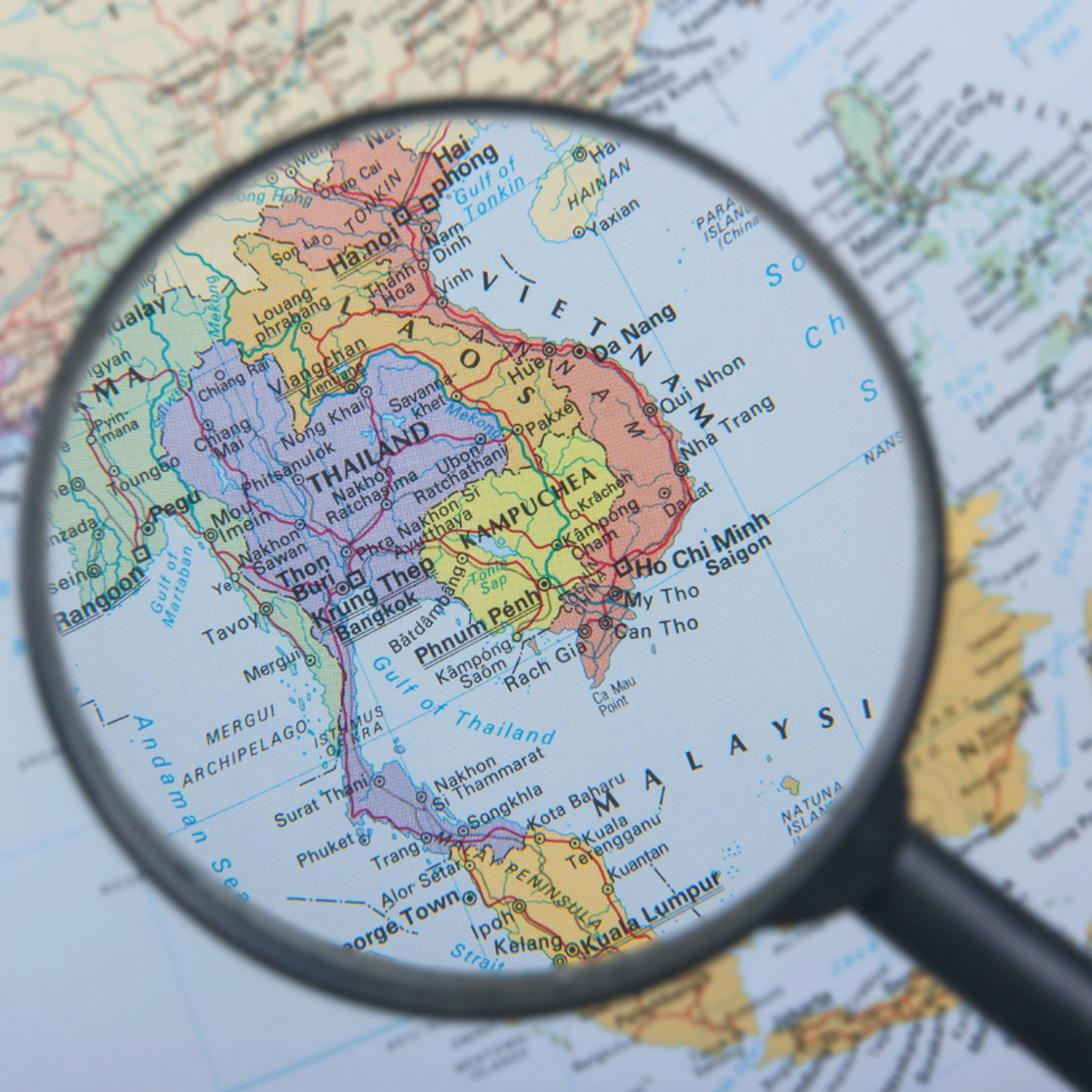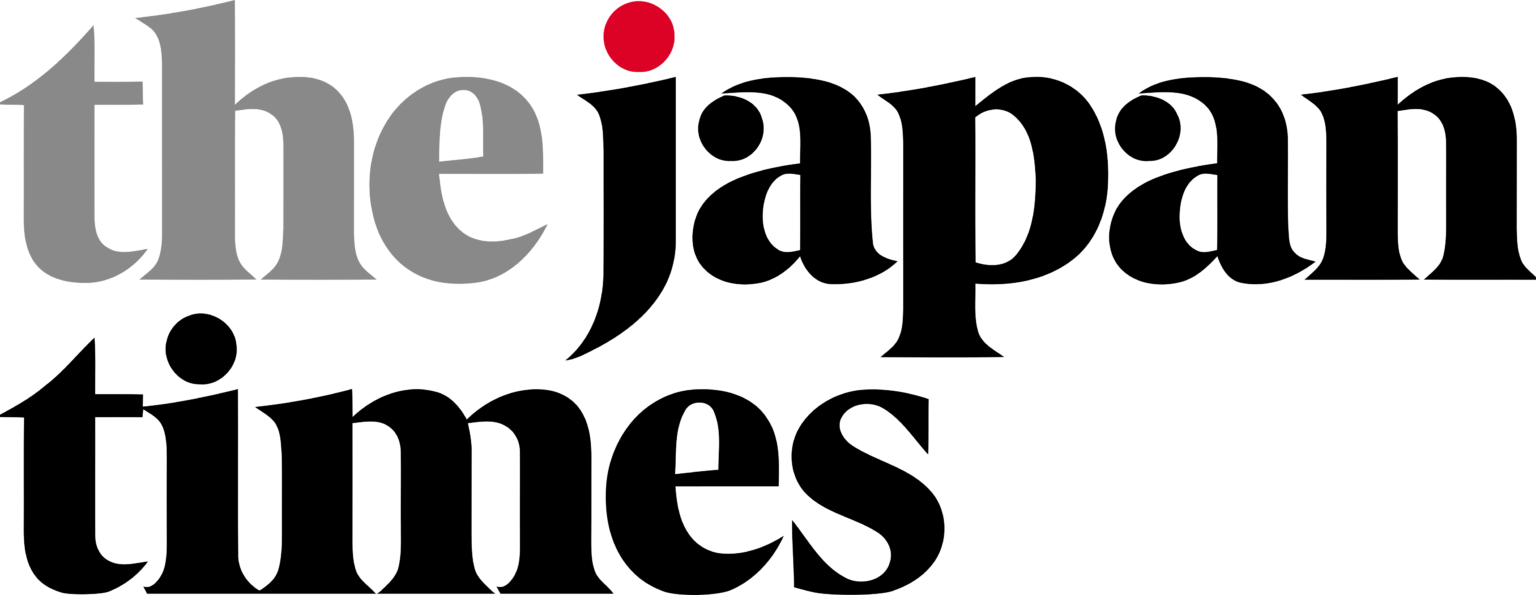Southeast Asia
Southeast Asia, one of the key areas of Sino-American rivalry, is going through a period of political uncertainty, with certain democratic trajectories being called into question (Myanmar, Thailand).

Korean Peninsula: One Nation, Two Strategic Entities
Marianne Péron-Doise,Working group 'Strategic Culture and Defense Policy in Asia', working paper presented to the 3rd Congress of Réseau Asie, 26-27-28 September 2007, Maison de la Chimie, Paris.
The 13 February Action Plan and the Prospects for the North Korean Nuclear Issue


FDI as a Factor of Economic Restructuring: The Case of South Korea
Françoise Nicolas, in A. Bende-Nabende, (ed.), International Trade, Capital Flows and Economic Development in East Asia: The Challenge in the 21st Century, London, Ashgate, 2003

Going Multinational: The Korean Experience of Direct Investment
The broad aim of this book is to explore the pattern and determinants of Korean foreign direct investment. The main focus is on Outward Direct Investment, but data and analysis are provided on both inward and outward flows in developed and developing counties in order to arrive at a better understanding of the dynamics at work.
Replay - Navigating the Taiwan Strait Tensions: Perspectives from Japan, the Philippines, and France
Conference Replay - As tensions continue to rise in the Taiwan Strait and discussions grow about hybrid frictions potentially escalating into a kinetic conflict in the coming years, neighboring countries are bracing for impact. Japan and the Philippines would be on the front lines if a crisis were to erupt in the Taiwan Strait.


Europe is trying to woo Southeast Asia — but it won’t win it over the U.S. or China
European leaders are looking to Southeast Asia with renewed interest amid Washington’s aggressive tariff agenda, but experts warn that the state of regional trade ties makes it challenging to disrupt the U.S. or China’s hold.


Macron’s Southeast Asia trip: What is behind the French president’s ‘third way’ proposal?
In a recent Southeast Asia tour, Macron pitched ‘strategic autonomy’ as a means for nations to avoid choosing sides in the US-China rivalry, offering France and Europe as alternative partners


The 'Macron Doctrine' goes to Asia: Autonomy with partners, steady on China
The French president calls for a 'third way' in the Indo-Pacific
Support independent French research
Ifri, a foundation recognized as being of public utility, relies largely on private donors – companies and individuals – to guarantee its sustainability and intellectual independence. Through their funding, donors help maintain the Institute's position among the world's leading think tanks. By benefiting from an internationally recognized network and expertise, donors refine their understanding of geopolitical risk and its consequences on global politics and the economy. In 2025, Ifri supports more than 80 French and foreign companies and organizations.









